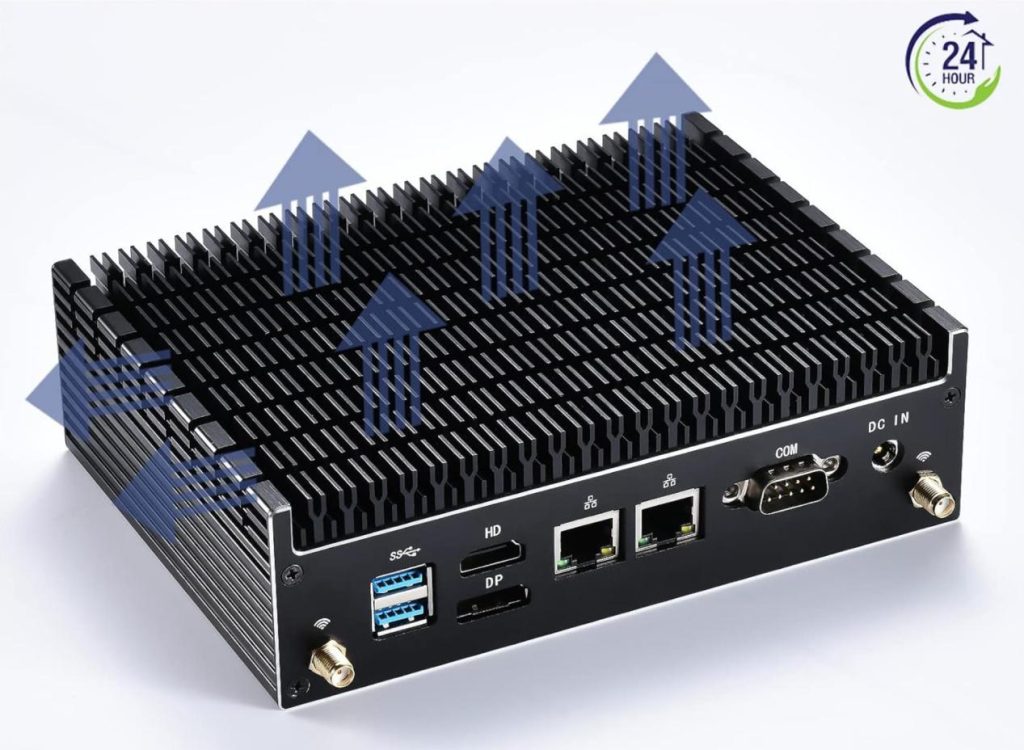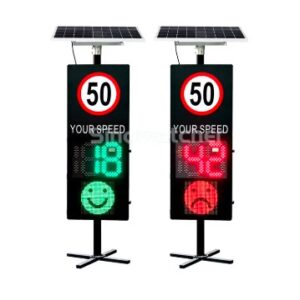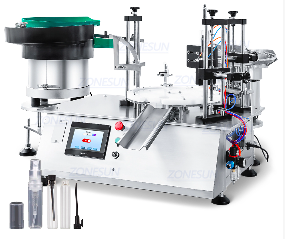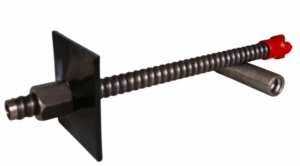As technology evolves, the debate around Mini PCs and traditional desktops continues to rage. Both offer unique benefits, but which one is the right fit for your needs? Let’s delve deeper into the characteristics of both types of computers to help you make an informed decision.
Table of Contents
ToggleUnderstanding Mini PCs
Mini PCs, also known as compact desktops or small form factor (SFF) computers, are designed to deliver powerful performance in a sleek and compact package. These systems typically feature low-power processors and integrated components, making them ideal for space-saving and energy-efficient setups. Mini PCs are perfect for users who value portability, low noise levels, and efficient use of space.
Exploring Traditional Desktops
Traditional desktops, on the other hand, offer a more robust and versatile computing experience. These systems typically feature larger cases, higher-end processors, and ample expansion options. Traditional desktops are suitable for users who require maximum performance for tasks like gaming, video editing, or heavy-duty multitasking. They also provide ample room for upgrades and customization, making them a favorite choice for enthusiasts and professionals.

Why Consider a Mini PC?
There are several reasons why you might want to consider a Mini PC as your next computer:
Portability and Space Efficiency: Mini PCs are significantly smaller than traditional desktops, making them easy to transport and store. If you have limited desk space or need a computer that can travel with you, a Mini PC is a great choice.
Energy Savings: Since Mini PCs use low-power processors and integrated components, they tend to consume less energy than traditional desktops. This not only saves you money on electricity bills, but it also helps reduce your carbon footprint.
Low Noise Levels: Many Mini PCs feature fanless designs or use smaller, quieter fans. This results in whisper-quiet operation, ideal for offices, libraries, or any other environment where silence is preferred.
Affordability: In general, Mini PCs tend to be more affordable than traditional desktops with similar performance levels. If you’re on a budget, a Mini PC can provide a cost-effective solution for your computing needs.
However, it’s important to note that Mini PCs may not be suitable for every user. If you require maximum performance for demanding tasks like gaming or video editing, a traditional desktop with a higher-end processor and dedicated graphics card might be a better choice. Additionally, traditional desktops offer more expansion options and room for upgrades, which might be important for enthusiasts and professionals.
In the end, the decision between a Mini PC and a traditional desktop ultimately depends on your specific needs and preferences. By understanding the characteristics and benefits of both types of computers, you can make an informed choice that best suits your computing requirements.
1




